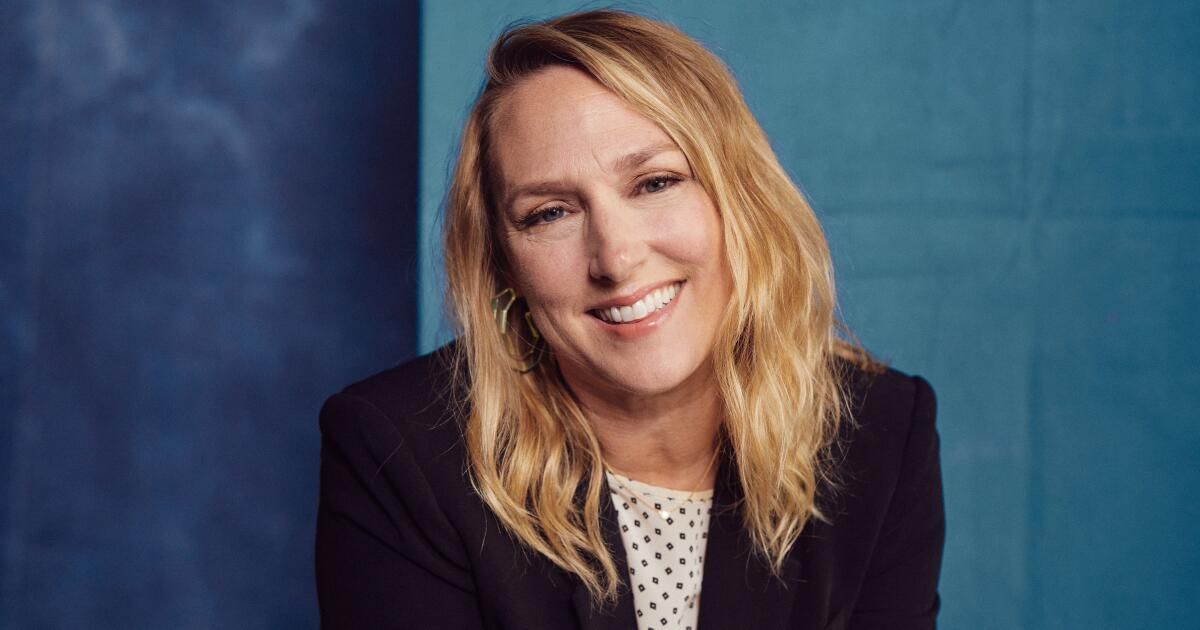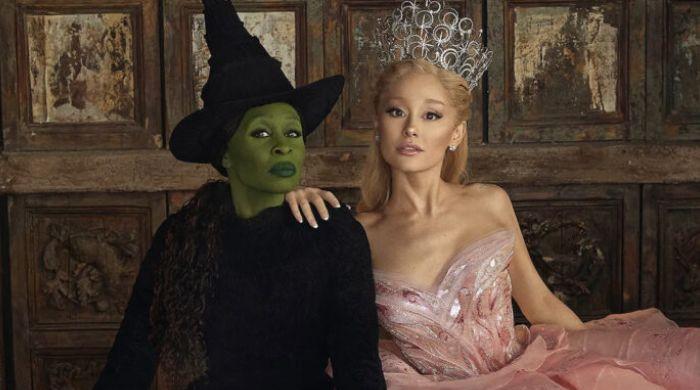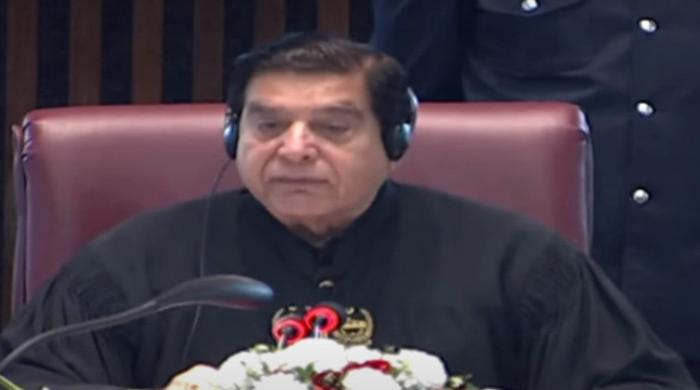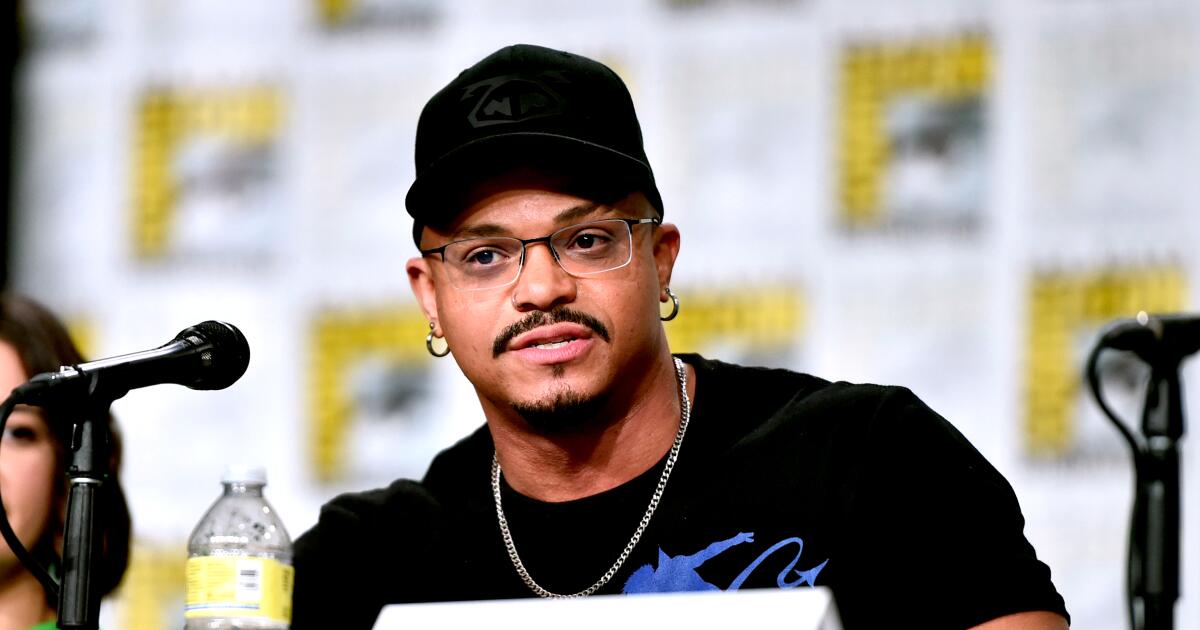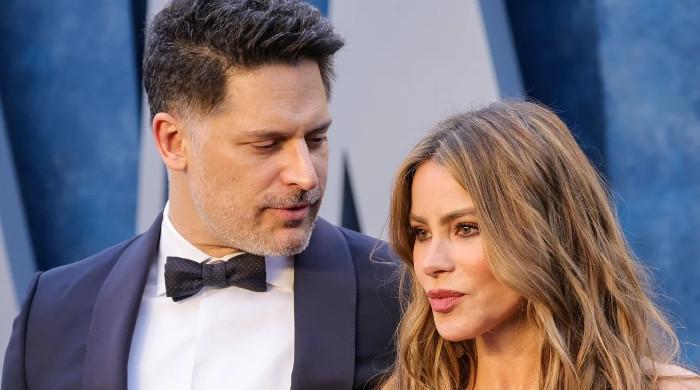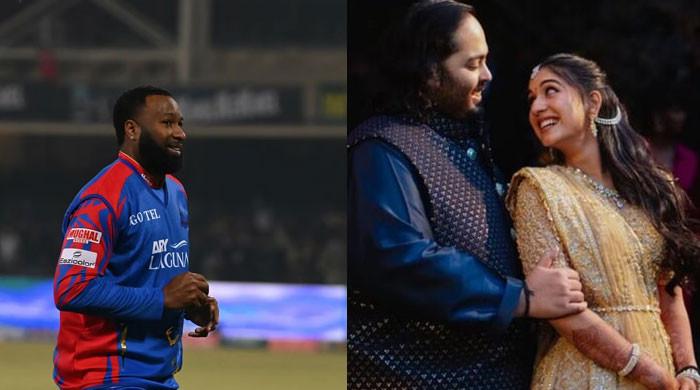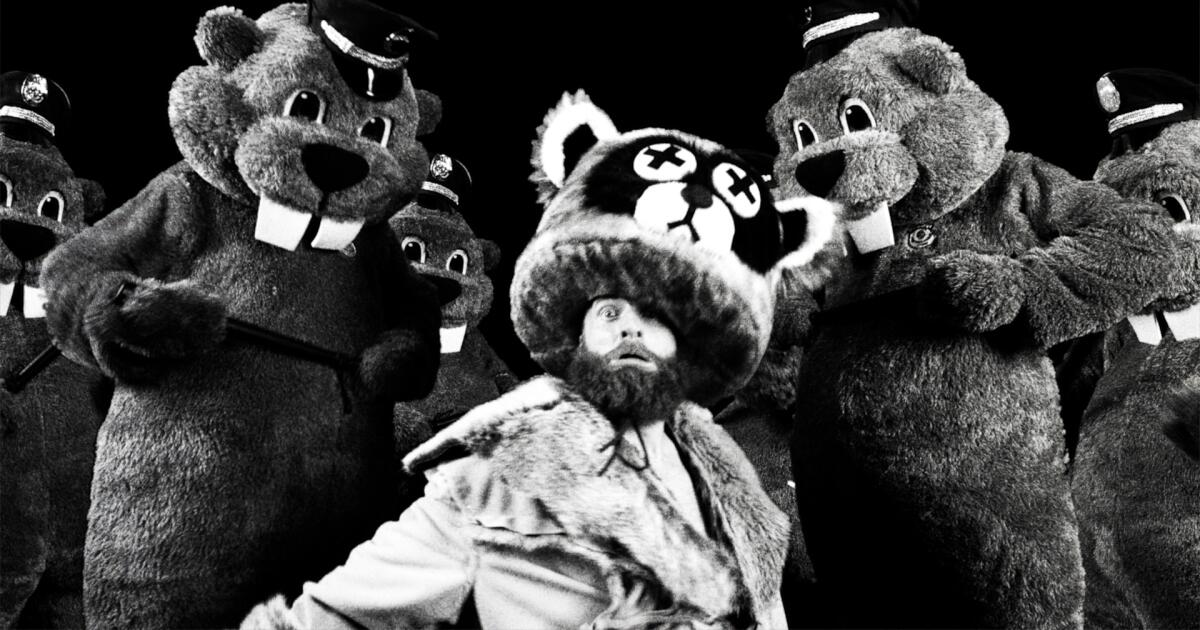It's hard to imagine a more competitive category than this year's Emmy race for limited or anthology series, with such acclaimed shows as “Fargo,” “Ripley,” “Lessons in Chemistry,” “Masters of the Air,” “True Detective :Night”. Country,” “The Sympathizer,” “Baby Reindeer,” “A Gentleman in Moscow,” and “Mary & George,” among many others, all fighting for just five nomination spots. Sure, there were only 51 qualified entries, compared to 163 drama series, but this is a genre where quality trumps quantity. Even if the industry reluctantly continues to make them.
Even before the 2023 double strikes, the “peak TV” phenomenon had begun to subside. With lower demand for product, networks and streamers have insisted they want to focus more on ongoing series rather than high-profile limited narratives. It may be financially prudent, but veteran TV writer Liz Tigelaar, who is behind shows like “Little Fires Everywhere,” “Tiny Beautiful Things” and this year's Hulu release “Under the Bridge,” , knows what the networks say they are going to do. It's not always what they actually end up doing.
“When you ask buyers what they want, they all say there is drama going on. Nobody says limited series. People say that limited series are not profitable,” says Tigelaar. “But then what happens is [intellectual property becomes involved]and then you have talent that you want to attach and suddenly [executives] will feel differently about the format. And it's like, 'Okay, okay, we'll do this one.' But don't send us another limited series. That's been my experience basically three times. And of course, the next thing I have in development is a limited series.”
Riley Keough stars in “Under the Bridge,” from executive producer Liz Tigelaar.
(Darko Sikman/Hulu)
And intellectual property is often the key here. Great intellectual property attracts great talent, whether it's an original novel or a true-life story. And most of those narratives have a beginning, a middle and an end. Plus, when movie stars get involved, it's even harder for buyers to say no.
“Movies are what they are. [right now]”There are more and more people interested in television and, suddenly, there are full-fledged movie stars who are willing to participate in a series, even if it is limited,” says Tigelaar. “When people hear it, they say, 'No, no, no.' But then when you think, 'Okay, but here's the idea, and here's who could be attached, and here's how we could do it.' And suddenly there is a bidding war.”
Despite calls to scale back these types of shows, Francesca Orsi, executive vice president and head of drama at HBO, isn't surprised that this year's category is so competitive or that the industry's trade papers are still filled with ads. related to the format. .
“Television is a complex, difficult and challenging process. There's something inherently easier in terms of running a one-season show and everything that entails thematically, and having a beginning, a middle, and an end, versus challenging an audience with a thematic center of a show that needs to exist, let's say. , three, five, seven seasons, where it runs the risk of becoming repetitive or redundant,” says Orsi. “In some ways, [limited] “It’s an easier path than the rigor of an ongoing series, having to explore the essence of a show in different ways but always being what was bought into from the beginning.”
This year alone, HBO has “True Detective,” “The Sympathizer” and “The Regime” in its limited series mix. Perfect examples that, Orsi points out, illustrate how “a good story is just a good story, and you want to be part of it. But again, there is a seduction for limited series and certain properties that simply have an inherently exciting, entertaining and complex story that we simply cannot turn our back on.”
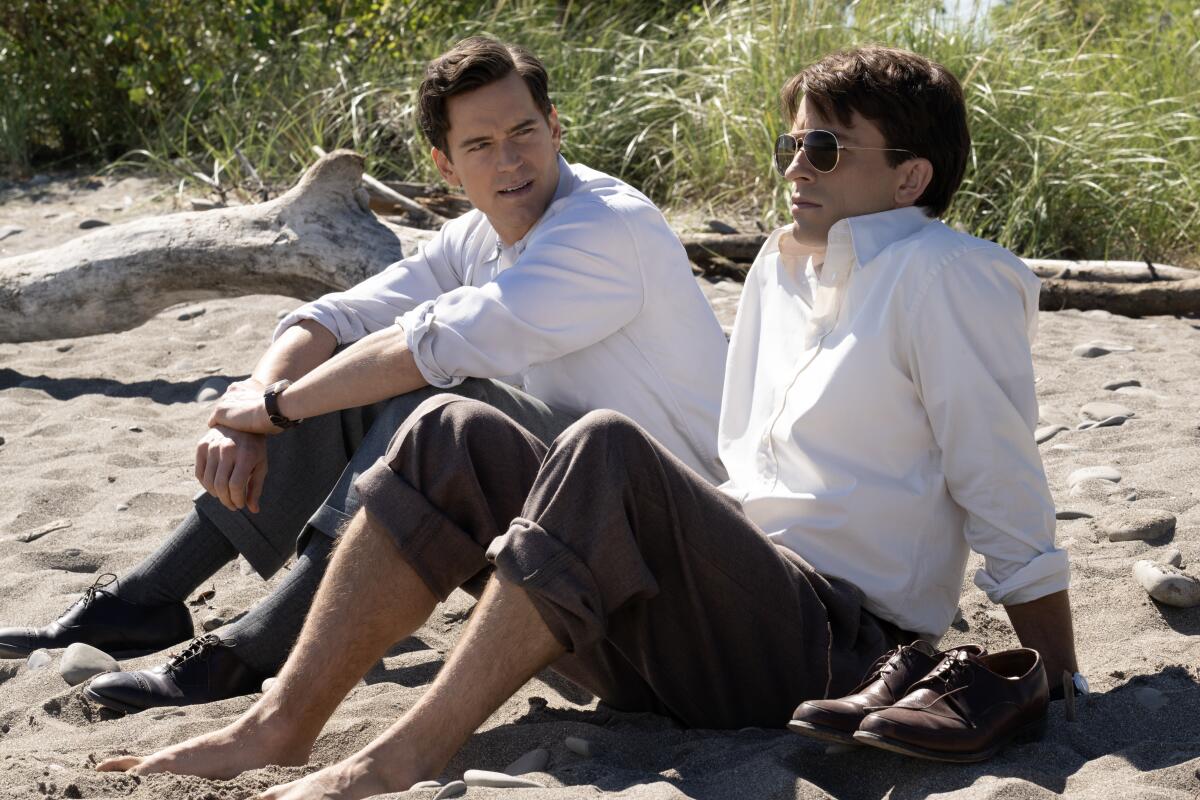
Matt Bomer, left, with Jonathan Bailey. Bomer defended making “Fellow Travelers” a limited series.
(Ben Mark Holzberg/Showtime)
Ron Nyswaner has been a producer and writer on ongoing series such as “Ray Donovan” and “Homeland.” His latest project, “Fellow Travelers,” is a love story that spans four decades. In theory, it could have been ongoing. But one of its stars, Matt Bomer, who also executive produced, realized that wasn't the smartest option.
“We had more than one offer for the show when we were on the field,” Nyswaner says. “One of the offers was conditional on it being an ongoing series. The other two offers were happy with the limitation. We had that discussion between the executive producers and I, and I think it was actually Matt who made the sharpest observation and said, 'There's something very powerful about coming to the end of the story in a season of television. Really see that journey in eight weeks, instead of seeing it stretched out over time. And he was absolutely right”.
There's also a practical reason why limited series work. “There is a power in the dramatic tension that arises when asking, 'Is the end of the race in sight?' That has its power,” adds Nyswaner.
Per Saari, partnered with Nicole Kidman at Blossom Films, has helped direct limited series such as “The Undoing,” “Big Little Lies” and, most recently, “Expats.” In his opinion, there is also a very obvious reason why there are so many. Certain actors are often intimidated by a multi-season contract that commits them to playing a character for five or more years. At the same time, there is an audience that is hungry for a “movie experience” that can lend itself to the limited series format.
“I think people, the public, want to be challenged. They want to be provoked,” says Saari. “They want complex stories and complicated characters, and I think they're interested in having those stories unfold in the way filmmakers work. In all the ebbs and flows of the last decade (between strikes and COVID and other variables that have entered the equation) that appetite has not diminished.”

